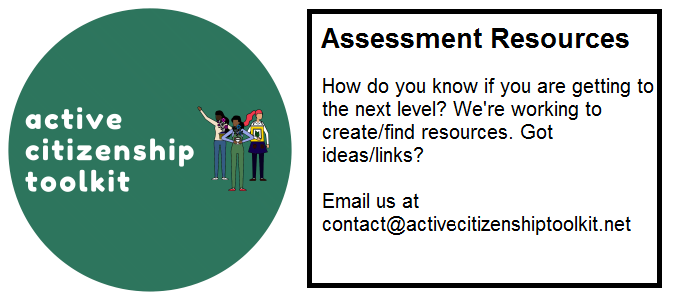Element Descriptor
Online meetings just like the meatspace versions can go awry without good facilitation and need more than a link sent round just before the intended time. Specific to online meetings will be understanding how to use the platform to get the most out of the time you have together, the challenges to both stimulate conversation and keep disruption (e.g. ego-fodder) to a minimum – from the speakers, audience and technology. Thought should be given to what could or should be different now that you are ‘virtual’.
Level descriptors
| Novice | Practitioner | Expert | Ninja |
|---|---|---|---|
| You develop points that try to stimulate debate or how you might try to drill into a point to get more detail before the meeting with supervision. Within the meeting, you might rely on someone more experienced to deal with anything very disruptive, but are able to flag when the meeting is starting to go overtime or off-point and will attempt to bring it back to the topic at hand. You know how to mute and unmute yourself and can let others know of the basic uses of the online meeting platform you are using that allows for the meeting to function in a normal manner. Meetings conducted online are fairly similar in format or function to those in meatspace and are normally internal group meetings for up to an hour in length. | You develop points to stimulate debate and can pick up points as they are mentioned to ask for more detail / get other opinions / develop it further and stimulate more debate. Within the meeting, you can deal with some minor disruptions, but might need assistance for anything more persistent. You can deal with off-point remarks and are able to consistently bring a conversation back to the topic at hand. You are a fairly confident in using the online meeting platform and try to use its functions to help side conversations and breakout meetings that wouldn’t be possible in meatspace. Meetings conducted online have been adapted to utilise the functions of the meeting platform and can span longer internal or shorter external group meetings with up to 10 participants. | You can quickly and efficiently develop points to stimulate debate and can pick up points as they are mentioned to ask for more detail / get other opinions / develop it further and stimulate more debate. Within the meeting, you can deal with disruptions effectively whether its minor or persistent across a broad spectrum of issues that prevents speaker dominance or the other participants turning into ego-fodder. You are a confident and innovative in using the online meeting platform to maximise its functions to help side conversations and breakout meetings that are adapted to the audience of the meeting and their abilities. Meetings can span any duration, any level of formality and might include ego-inflated politicians or celebrities. | You can do everything an expert can do, but quicker and with less effort and no mistakes – are you part cyborg? |
Element Overview Essay
This is a draft. If something doesn’t make sense, or you see typos, or if you have further ideas, please email us on contact@activecitizenshiptoolkit.net
So the causes of doing this badly often revolve around people not understanding what facilitation means. They think it’s chairing and letting the next person speak and the next person speak. And especially online, it can be hard because you know, you can’t see people’s body language. You can’t sometimes see their faces. And there’s different platforms and people have different levels of confidence with those platforms, whether it’s WebEx or zoom or Google Hangouts or Microsoft Teams or whatever.
But actual facilitation is very different – it’s about making sure there is flow, there is collaboration, listening, airing of the ‘right’ questions, without getting bogged down, and without – unless totally necessary – shutting someone down abruptly.
Consequences? Badly facilitated, online meetings are a big morale suck, and an opportunity cost. And they can have consequences for both the recruitment and retention of people within your group.
So, the solutions are simple. You need to take facilitation of online meetings quite seriously. You need to learn from each experience, to experiment, torefine.
So that brings us back to being able to invite feedback and being able to take feedback. And over time, you will raise – you should be able to raise – the level of expectation of what happens in any online meeting. And you set a good example. Other people’s facilitation becomes better. The movement grows. It storms the Winter Palace, it reverses the buildup of atmospheric carbon dioxide in the atmosphere. It de-extincts dodos and woolly mammoths. And we live in a land of milk and honey, where the lion and the lamb lie down together. The lamb still probably is not going to get much sleep.
Development Resources
Assessment Resources

